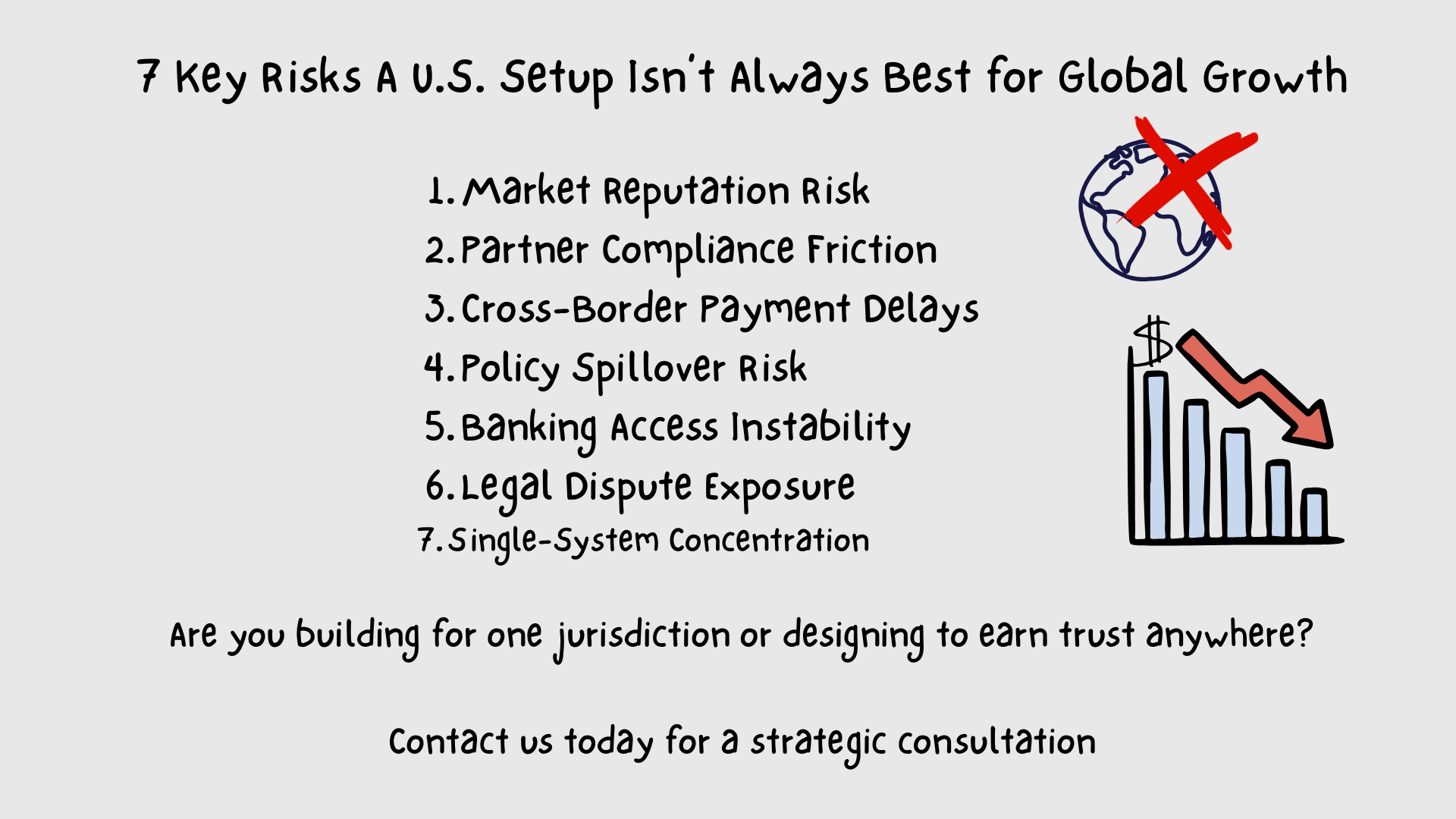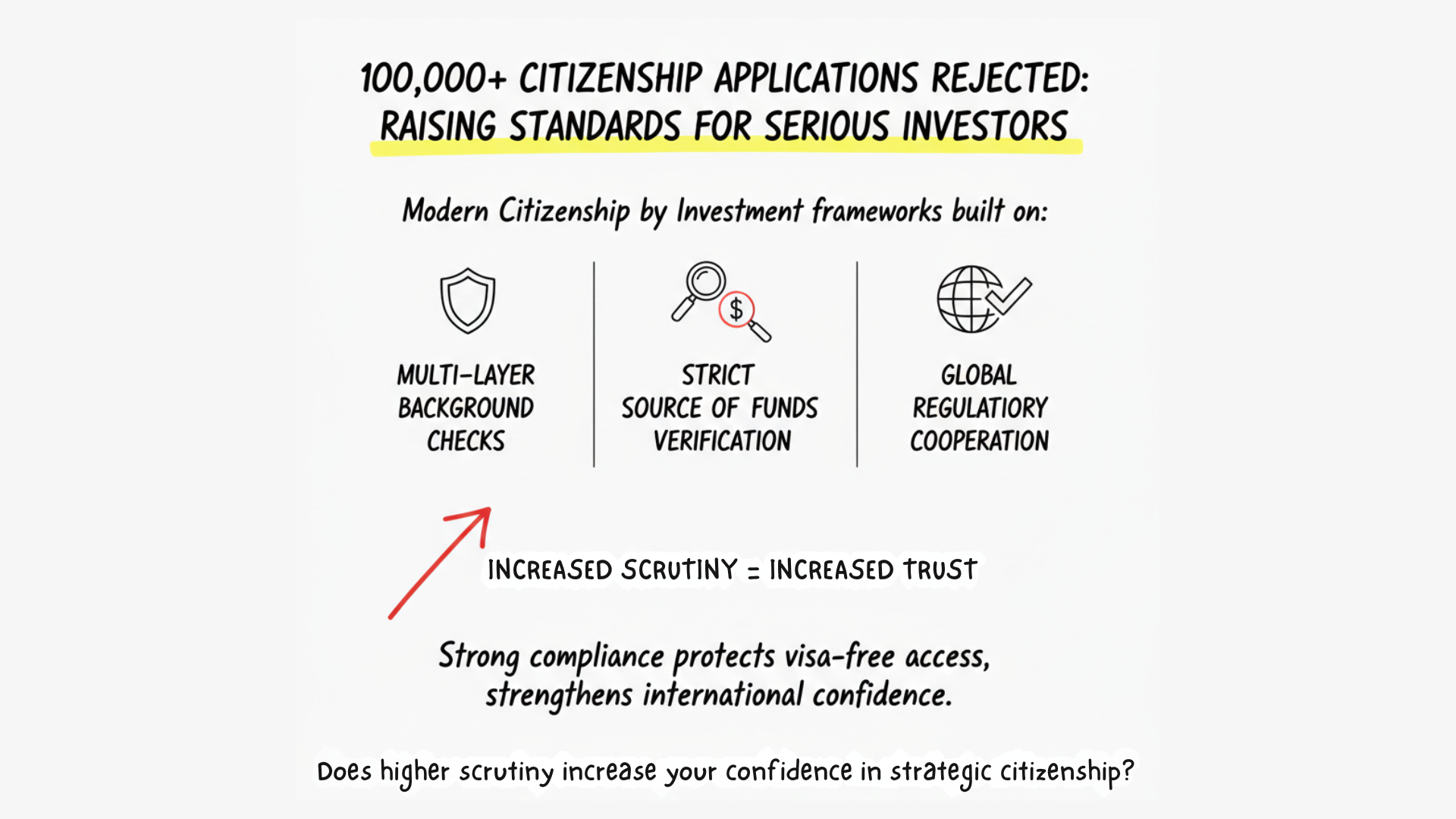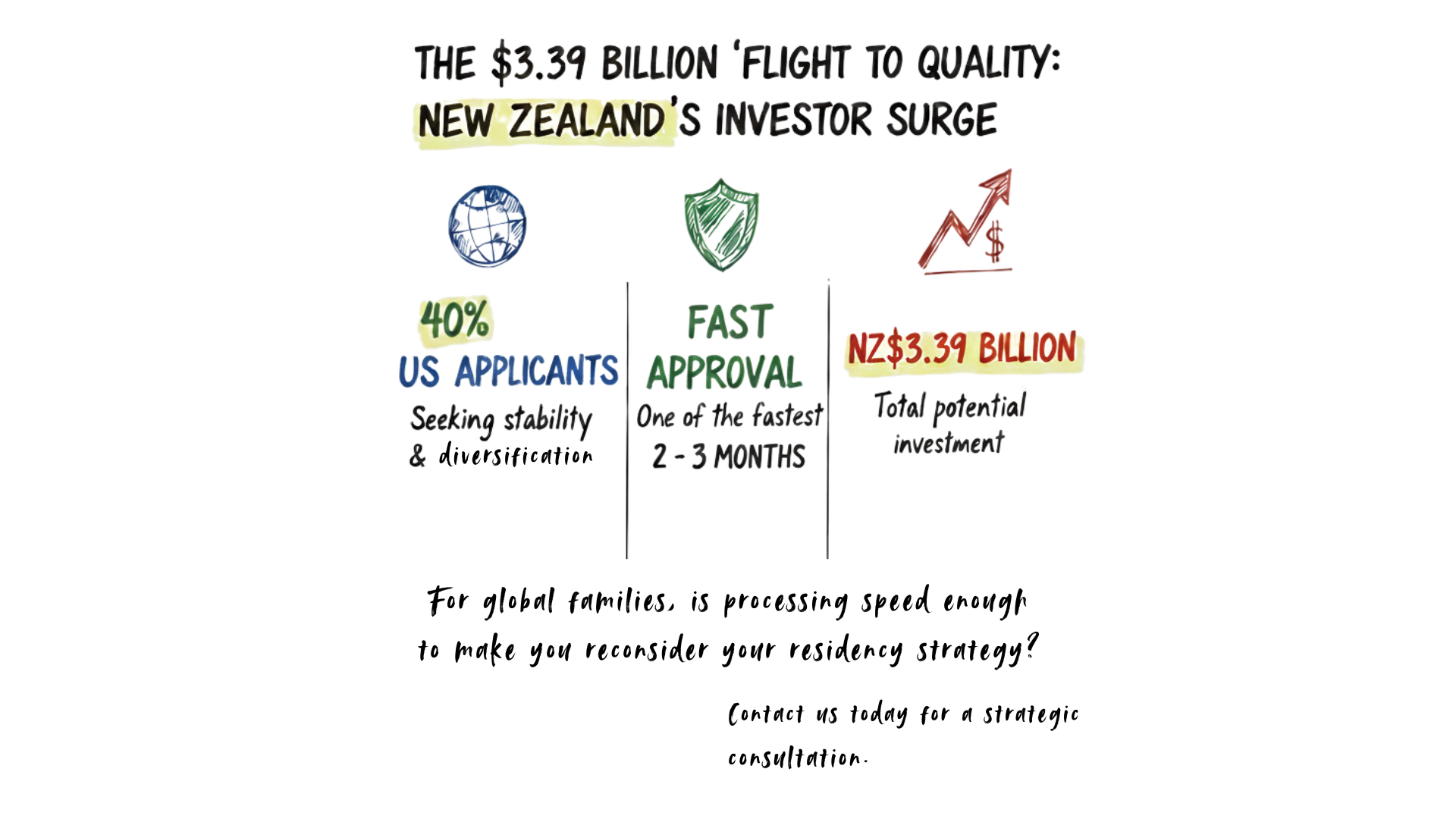New EU Policy Threatens Visa-Free Travel from CBI Programs

On October 7, 2025, the European Parliament passed a major reform giving the EU stronger authority to suspend visa‑free travel for countries that run Citizenship by Investment (CBI) programs or violate human rights.
This change could shift how many small nations structure their CBI programs and how attractive they are to wealthy investors. In this post, we’ll break down what the new mechanism does, why it matters, and what the possible effects are for CBI jurisdictions.
Features of the reform include:
- The EU can suspend visa-free access to target CBI programs, not just entire countries.
- New grounds for suspension include:
- human rights or humanitarian law violations
- ignoring international court rulings
- increased overstays, entry refusals, or crime
- low asylum approval rates
- Lower thresholds for triggering action e.g. a 30 % rise in overstays or crime
- Initial suspension term increased to 12 months, extendable to 24 months
- The EU can now suspend visa-free access for specific groups, not entire populations
- The reform takes effect 20 days after formal adoption by the Council of the EU
In short: the EU is giving itself sharper, more targeted tools to respond to visa risks and CBI abuse.
Several goals drive the EU’s push:
- Security and control. The EU wants to protect the Schengen area from abuse.
- Targeting CBI risks. Some CBI programs are seen as loopholes in border control.
- Flexible enforcement. Tailored sanctions avoid broad diplomatic fallout.
- Discouragement. By tightening access, the EU hopes to curb misuse of visa-free travel.
Caribbean CBI Programs
Countries like Antigua & Barbuda, Dominica, Grenada, Saint Kitts & Nevis, and Saint Lucia have made reforms in recent months—introducing interviews, new due diligence standards, and better oversight. These efforts may help avoid future sanctions.
Investors from Lower-Tier Passports
For those from countries with limited mobility, EU visa access is a key draw. If that disappears, some may avoid CBI entirely or shift to EU residency programs.
CBI Programs Beyond the Caribbean
Any program that grants citizenship with visa-free EU access is potentially affected. The spotlight is now global, and compliance must be top-tier.

Risks & Opportunities
Risks
- Suspension danger: Visa-free access may be revoked with little warning
- Uncertainty: Lower thresholds mean even small issues could trigger action
- Less appeal: Programs without EU access may lose investor interest
Opportunities
- Stronger programs: Those with better controls may stand out
- Focus shift: Investors may consider EU residency or Golden Visas
- Broader value: CBI countries can develop benefits beyond visa access
What Should CBI Jurisdictions Do Now?
To stay ahead of the curve:
- Upgrade due diligence: Ensure thorough background checks
- Boost transparency: Publish clear rules and oversight practices
- Add genuine ties: Require physical presence or economic connections
- Segment risk: Be ready for targeted suspensions
- Educate investors: Communicate changes and reforms clearly
Contact us if you are interested in Citizenship by Investment
Our expert advisors will have a 1-on-1 consultation to find the best solutions for you and your family and guide you through the procedure.
A New Era for Citizenship by Investment
The EU’s visa waiver reform isn’t just another policy tweak it’s a major shift in how the bloc approaches global mobility and border control.
For CBI nations, the message is clear: visa-free travel is no longer guaranteed. It must be earned and safeguarded through transparency, accountability, and cooperation. Programs that adapt quickly and invest in strong governance will not only survive but may come out stronger.
Share this blog
Frequently Asked Questions
Related Articles
Beijing Is Watching Your Wealth; Turkey Offers a Legal Pathway
In an era of rising financial scrutiny, global investors are taking action. Discover why 89% of Chinese HNWIs are exploring…
$537M U.S. Investment Anchors Eko Atlantic City Lagos by 2028
The $537M U.S. Investment Anchors Eko Atlantic City, Lagos by 2028 signals institutional trust and long-term confidence in Lagos. For…
7 Key Risks A U.S. Setup Isn’t Always Best for
A cross-border business setup can boost global growth by reducing onboarding delays, payment friction, and concentration risk. This guide explains…
Why Citizenship by Investment Due Diligence Matters for Investors
Citizenship by Investment due diligence protects more than an application. It safeguards international credibility, visa free access, and long term…
Wealthy Americans Lead New Zealand Golden Visa Surge
Wealthy Americans are leading the New Zealand Golden Visa surge as investors prioritize stability and diversification. Billions in committed capital…
Second Residency Is Now A Top Three Global Wealth Priority
Second residency has quietly moved into the top tier of priorities for serious wealth holders. This article explains why investors…
UK Exit Tax 20% and the Future of Strategic Wealth
The UK Exit Tax 20% could significantly impact HNWIs, founders, and investors with substantial unrealized gains. This in depth analysis…







